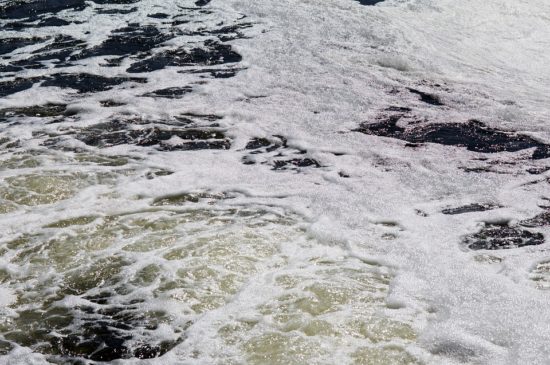Environmental antimicrobial resistance driven by poorly managed urban wastewater
Researchers from Newcastle University, UK, working with colleagues at King Mongkut’s University of Technology Thonburi (KMUTT) in Thailand and the Institute of Urban Environment of the Chinese Academy of Sciences, analysed samples of water and sediment taken from aquaculture ponds and nearby canals at five locations in central Thailand’s coastal region.
The research, which was part-funded by an institutional links grant awarded by the Newton Fund via the British Council, and which has been published in the Journal of Hazardous Materials, found that the highest prevalence of antimicrobial resistance (AMR) genes was in water from the Hua Krabue canal, originating in Bangkok. Faecal pollution markers were also high in these samples.
In comparison, they found a low number of AMR genes in all of the water and sediment samples collected from the aquaculture ponds.
AMR NEWS
Every two weeks in your inbox
Because there should be one newsletter that brings together all One Health news related to antimicrobial resistance: AMR NEWS!





